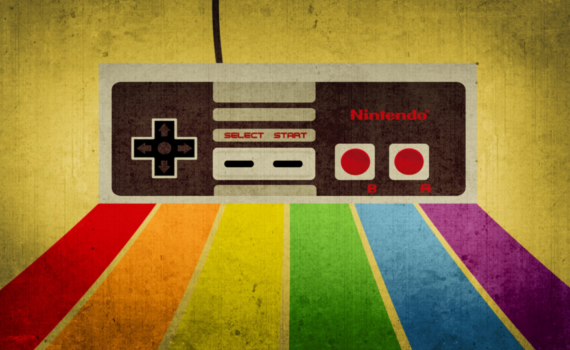

Video games have developed into a rich, growing field at many top universities, but they have rarely been considered from a queer perspective. As players attempt to 'pass' in Octodad or explore the pleasure of failure in Burnout: Revenge, Ruberg asserts that, even within a dominant gaming culture that has proved to be openly hostile to those perceived as different, queer people have always belonged in video games-because video games have, in fact, always been queer. Miller can bring to the popular 2007 video game Portal, or what Eve Sedgwick offers Pong, Ruberg models the ways game worlds offer players the opportunity to explore queer experience, affect, and desire. In the first book dedicated to bridging game studies and queer theory, Ruberg resists the common, reductive narrative that games are only now becoming more diverse.


Video Games Have Always Been Queer argues that the medium of video games itself can-and should-be read queerly. I conclude with a series of examples of no-fun games that illustrate how affect can communicate meaning as effectively and diversely as a game’s content, and how looking at games that go beyond fun creates new space for players, games, and queer worlds at the margins.Argues for the queer potential of video games While popular discussions about queerness in video games often focus on big-name, mainstream games that feature LGBTQ characters, like Mass Effect or Dragon Age, Bonnie Ruberg pushes the concept of queerness in games beyond a matter of representation, exploring how video games can be played, interpreted, and designed queerly, whether or not they include overtly LGBTQ content. In this article, I argue for a different approach to affect in video games, one that focuses on experiences that are “no fun.” Drawing from writing by queer theorist Jack Halberstam, I demonstrate how no-fun emotions disrupt accepted paradigms of video games and heteronormative pleasures more broadly. Although some researchers, such as ludologist Jesper Juul, have acknowledged the prevalence of unpleasant moments in video-game play, they often make sense of these difficult experiences by reframing them as stepping stones on the road to happiness. It can be argued that video games are the twenty-first century’s most influential art form, and they can and do engender a wide range of feelings, from joy to sadness, annoyance to rage. However, there is much more to video games than fun. At the same time, in reactionary corners of gamer culture, the argument that games should be “just for fun” is shutting down discourse around diversity. Game designers and scholars alike commonly claim that video games should be first and foremost fun.


 0 kommentar(er)
0 kommentar(er)
